There’s just something magical about vintage cars. It could be the raw engine sounds, the distinct body shapes, or the iconic status many of them hold in pop culture. For car lovers, owning a piece of automotive history isn’t just about style—it’s about preserving legacy.
Whether you’re a collector, investor, or simply passionate about old-school rides, this guide to the best vintage cars of all time has something for everyone.
Sherpa Auto Transport is here to help you every step of the way—whether you’re buying your dream vintage car from a private seller or auction or need it shipped across the country.
Key Takeaways
- Vintage sports cars deliver timeless appeal, performance, and investment potential.
- Rare classic cars can significantly increase in value over time.
- Consider factors like resale value, condition, and rarity before buying.
- Sherpa Auto Transport can help you move your vintage car safely and securely.
In This Guide:
- Best Vintage Cars
- How to Choose a Vintage Car
- How and Where to Buy a Vintage Car
- How to Care for a Vintage Car
- The Bottom Line
- Vintage Car FAQs
Best Vintage Cars
From iconic roadsters to high-powered coupes, here are some of the coolest vintage cars ever made.
1. 1961 Jaguar E-Type
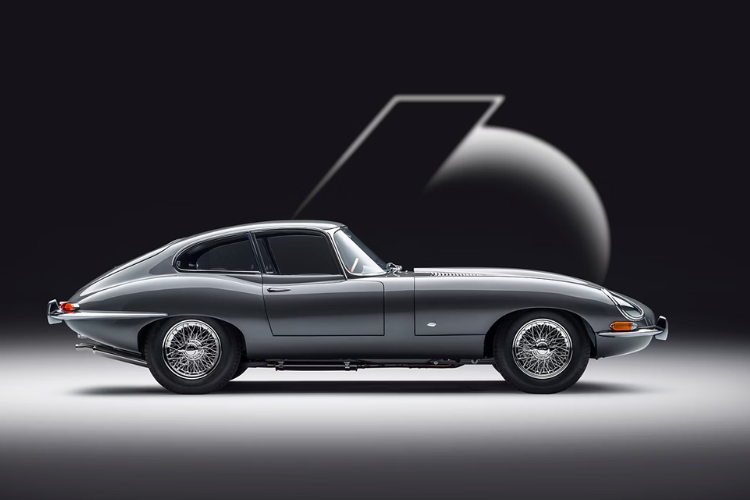
Often called “the most beautiful car ever made,” the Jaguar E-Type combined performance and elegance in a way few cars ever have. With sleek lines and impressive top speeds, it’s a favorite among collectors and design enthusiasts alike.
- Cost: Around $120,000 – $250,000
- Rarity: 7/10
- Cool Features: Covered headlights, independent rear suspension, lightweight frame
2. 1967 Chevrolet Corvette StingRay (C2)
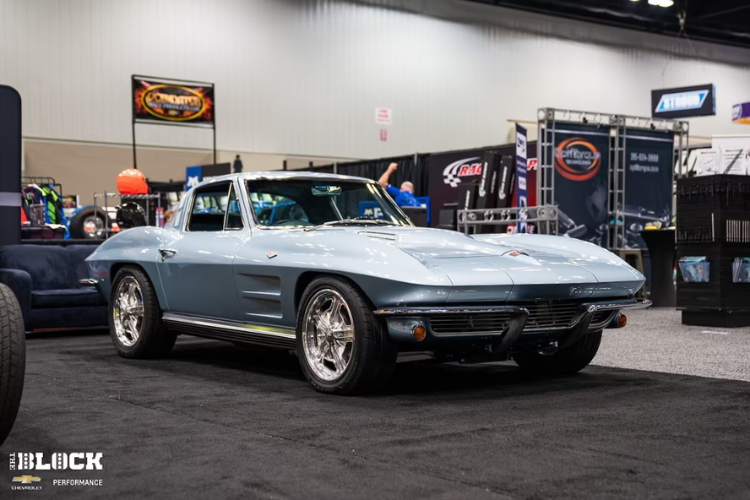
The ’67 StingRay is the last model of the second-generation Corvette and is widely considered one of the best classic cars ever built. It boasts aggressive styling, big-block V8s, and serious collector appeal.
- Cost: Around $90,000 – $250,000
- Rarity: 6/10
- Cool Features: Pop-up headlights, split-window coupe (‘ 63), 427 V8 engine
3. 1965 Ford Mustang Fastback
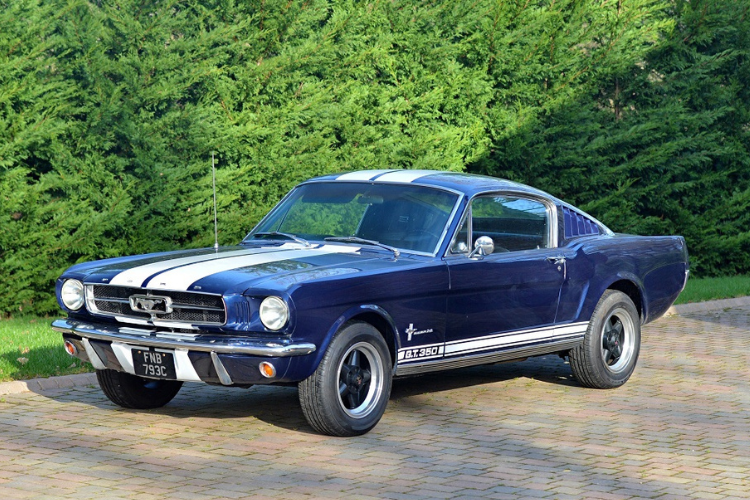
A symbol of American muscle, the ’65 Mustang Fastback helped launch a new era in affordable performance cars. It’s still one of the most recognizable and beloved vintage sports cars in the world.
- Cost: Around $30,000 – $80,000
- Rarity: 5/10
- Cool Features: Iconic fastback styling, customizable trim levels, easy-to-source parts
4. 1973 Porsche 911 Carrera RS
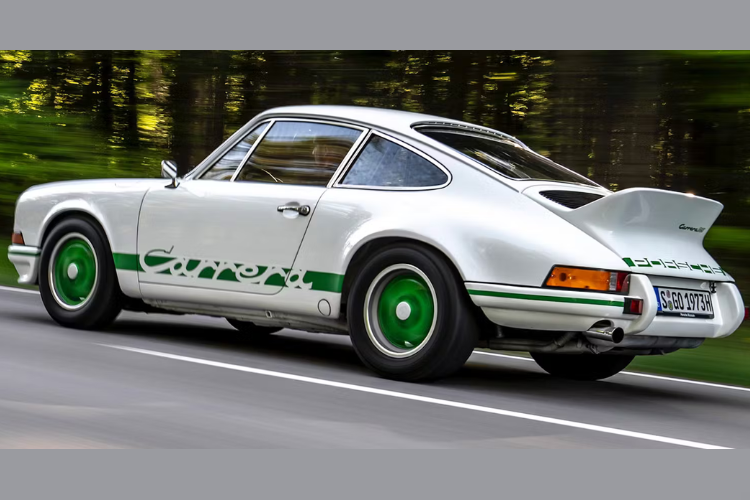
The 911 Carrera RS is one of the most legendary air-cooled Porsches ever produced. Built for racing homologation, it’s both beautiful and brutally effective on the track.
- Cost: Around $600,000 – $1,000,000+
- Rarity: 9/10
- Cool Features: Lightweight build, ducktail spoiler, race-bred performance
5. 1969 Dodge Charger R/T
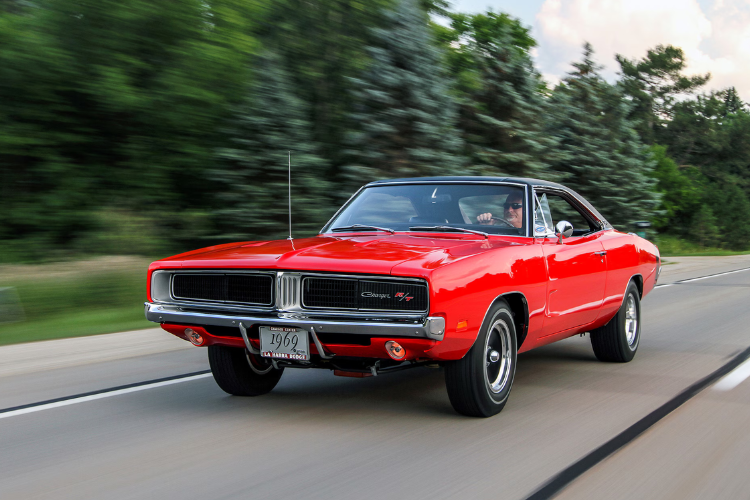
Popularized by pop culture (thanks to “Dukes of Hazzard”), the Charger R/T offered muscle car lovers raw power and bold styling. It’s loud, proud, and a true American classic.
- Cost: Around $70,000 – $150,000
- Rarity: 6/10
- Cool Features: 440 Magnum engine, hidden headlights, fastback design
6. 1957 Mercedes-Benz 300SL Gullwing
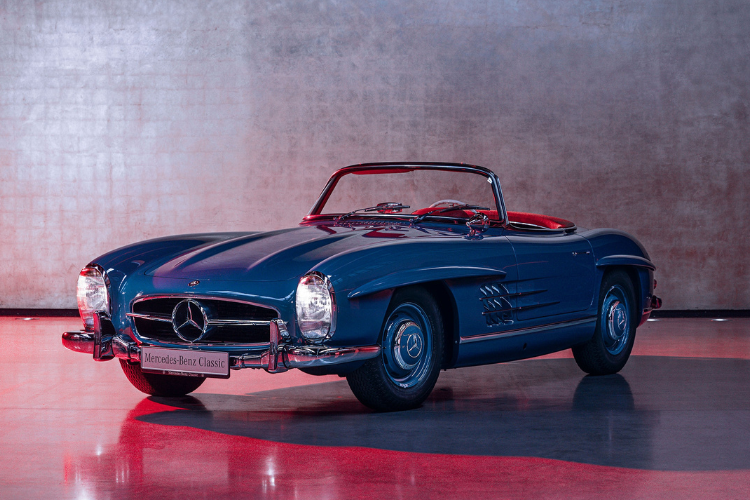
With its upward-opening doors and futuristic style, the Gullwing remains one of the most collectable and iconic classic sports cars ever made.
- Cost: Around $1.5 million – $2.5 million
- Rarity: 10/10
- Cool Features: Gullwing doors, fuel injection, lightweight tubular frame
7. 1970 Plymouth Barracuda HEMI ‘Cuda
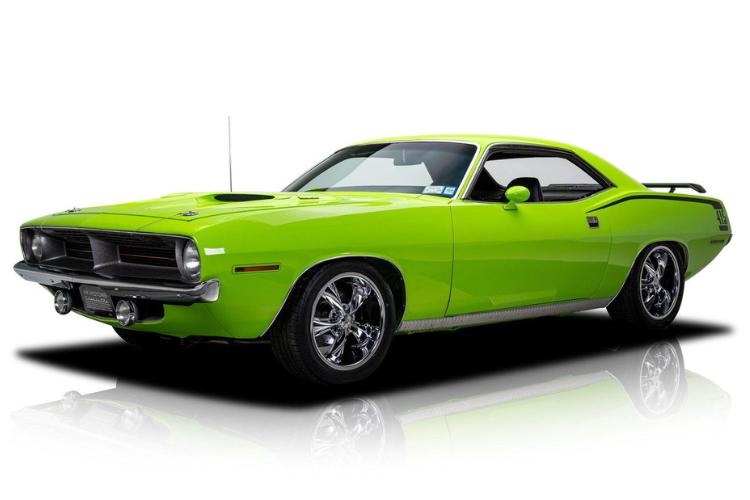
A high-performance version of the Plymouth Barracuda, the HEMI Cuda is rare, aggressive, and one of the most sought-after American muscle cars.
- Cost: Around $250,000 – $500,000
- Rarity: 8/10
- Cool Features: 426 HEMI engine, shaker hood, wide stance
8. 1966 Alfa Romeo Spider Duetto
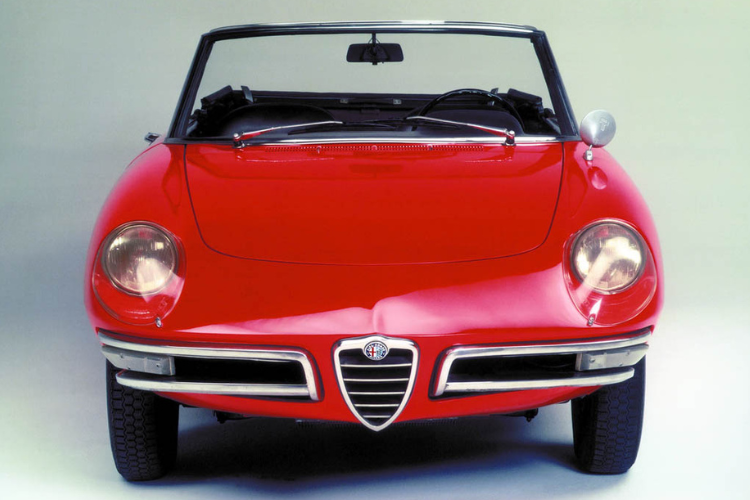
Stylish, compact, and quintessentially Italian, the Spider Duetto became famous thanks to The Graduate. It’s a favorite among collectors of European classics.
- Cost: Around $25,000 – $45,000
- Rarity: 5/10
- Cool Features: Pininfarina design, 5-speed manual, twin-cam engine
9. 1971 Lamborghini Miura SV
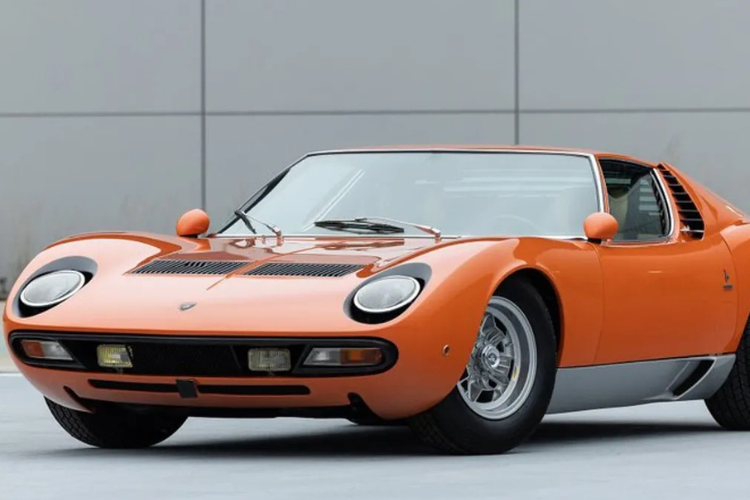
Widely regarded as the world’s first supercar, the Miura SV was outrageously fast and drop-dead gorgeous. It helped cement Lamborghini’s place among exotic car royalty.
- Cost: Around $2 million – $3 million
- Rarity: 10/10
- Cool Features: Mid-engine layout, V12 engine, sleek Italian styling
10. 1955 Chevrolet Bel Air
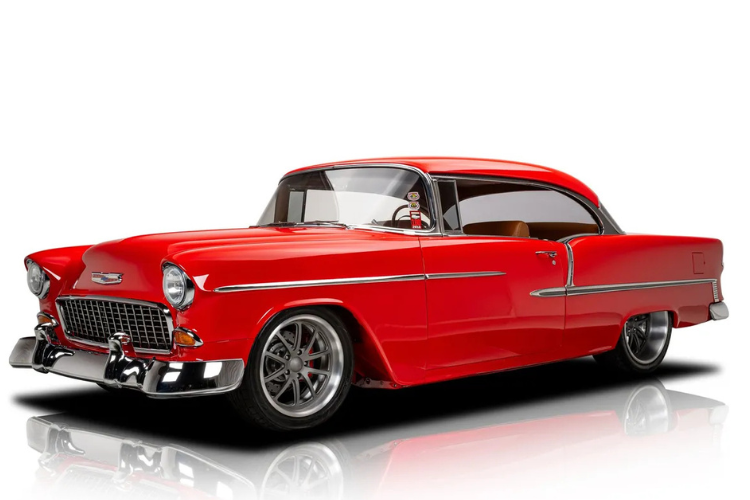
The Bel Air defined the 1950s American dream. With its two-tone paint, chrome accents, and rumbling V8, it’s still one of the coolest vintage cars ever built.
- Cost: Around $30,000 – $80,000
- Rarity: 4/10
- Cool Features: Iconic tailfins, bench seats, classic cruiser style
How to Choose a Vintage Car
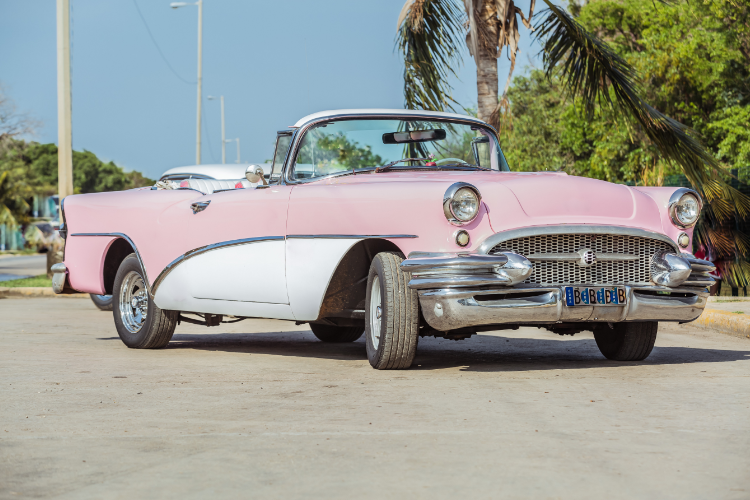
Buying a vintage car is a mix of passion, patience, and research. Whether you’re after a nostalgic weekend cruiser or an appreciating investment, here are some key factors to keep in mind:
1. Resale Value
Some classic cars gain value over time, especially iconic models with a strong fan base. Look into past market trends—vehicles like the Ford Mustang, Chevrolet Corvette, and Porsche 911 often hold or increase in value. Keep in mind that value can vary based on condition, mileage, and originality, so always consider future resale potential before committing.
2. Rarity
Rarer models tend to attract collectors. Limited-edition releases, low production numbers, or discontinued variants can all add to a vehicle’s desirability. A car that’s harder to find is generally more valuable—make sure replacement parts won’t be equally scarce or expensive.
3. Condition
Condition is everything when it comes to vintage cars. A car with original parts, minimal rust, and a clean interior will fetch more and require less upfront work. Be cautious with heavily restored vehicles; while they might look shiny, improper restorations can affect value and performance. Aim for originality when possible—it’s often worth more in the eyes of collectors.
4. Documentation
Always verify the car’s history before making a purchase: request service records, ownership history, and inspection reports. Check the VIN (Vehicle Identification Number) to ensure it matches the title and hasn’t been tampered with. Documentation not only adds to the car’s value but also helps prove authenticity.
5. Resources and Research
Do your homework, tools like the Kelley Blue Book (for classic models), Hagerty Valuation Tools, and online collector forums can provide pricing guidance and model-specific tips. Joining a vintage car community or club can also connect you with trusted sellers, restoration advice, and more insider knowledge.
How and Where to Buy a Vintage Car
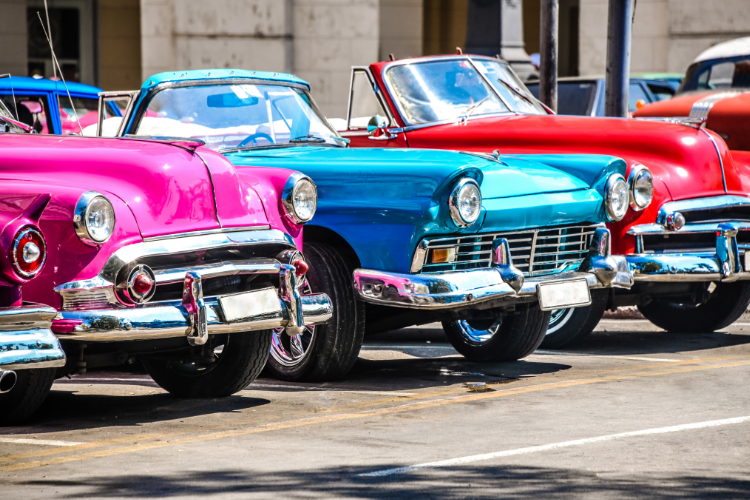
Finding the right vintage car takes more than browsing listings—you’ll want to explore all your options to get the best deal and a vehicle that fits your needs.
Private Sellers
Buying from a private seller can be one of the most affordable routes, but it does come with some risk. Use our step-by-step guide on how to buy a car from a private seller to help you navigate the process, from negotiating the price to inspecting the vehicle and handling paperwork.
Always ask for maintenance records and get an independent inspection before finalizing the deal.
Auctions
Car auctions are a treasure trove for vintage enthusiasts. Reputable events like Barrett-Jackson and Mecum Auctions often feature rare, well-preserved models that you won’t find elsewhere. While bidding can be competitive, you’ll have the opportunity to see the cars up close and sometimes speak with the owners. Just set a budget beforehand—auction fever is real!
Online Platforms
The internet has made it easier than ever to find vintage cars from the comfort of your home. Trusted websites like Bring a Trailer, Hemmings, and ClassicCars.com list thousands of vintage models with detailed descriptions, photos, and bidding options.
These platforms often include user reviews, seller ratings, and historical price data to help you make an informed decision.
State Selection
Looking to save some money? It might be worth buying a car out of state. Some U.S. states offer lower vehicle registration fees and sales tax, making them cheaper places to buy vintage cars. For example, states like Florida, Texas, and Arizona often have a large selection and competitive pricing due to a favorable climate (which helps preserve older cars) and active collector communities.
How to Care for a Vintage Car
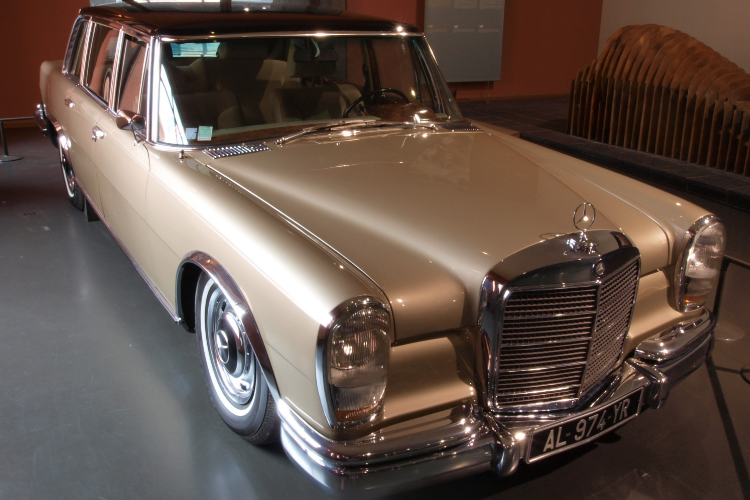
Once you’ve got your dream vintage car, it’s important to take proper care of it to preserve its condition and value over time.
Storage
Vintage cars should be stored in a dry, climate-controlled environment to prevent rust, mold, and fading. A garage with a dehumidifier or temperature control system is ideal. Consider using a breathable car cover made specifically for vintage vehicles—it protects the paint without trapping moisture.
Maintenance
Even if you’re not driving it daily, your vintage car needs regular maintenance. Check fluid levels, including oil, coolant, brake fluid, and transmission fluid, at least once a month. Schedule periodic tune-ups, and don’t forget to drive it occasionally—keeping the engine running helps prevent issues like dry seals and fuel system problems.
Insurance
Standard auto insurance often doesn’t cut it for classic cars. Instead, explore classic car insurance policies that are tailored for collectable vehicles. Companies like Hagerty and Grundy offer agreed-value coverage, low-mileage discounts, and protection during storage and transport.
Transport
Whether you’re buying from out of state or heading to a car show, transporting a vintage vehicle requires extra care. Sherpa Auto Transport is a trusted name in vehicle shipping, offering enclosed transport options that shield your car from the elements and road debris. Always choose a carrier experienced with classic cars and fully insured for peace of mind.
The Bottom Line
The best vintage cars combine design, performance, and cultural significance. Whether you’re looking for a vintage sports car to drive or display, doing your research and working with trusted platforms like Sherpa Auto Transport makes the experience smoother, safer, and more enjoyable.
Think of your vintage car not just as a mode of transport but as a piece of history. With the right care and attention, it’ll reward you with years of enjoyment—and maybe even some nice returns if you decide to sell it down the road.
Vintage Car FAQs
Is it a good idea to buy a vintage car?
Yes, if you appreciate classic design and want a potentially appreciating asset. Just make sure to factor in maintenance and storage costs.
How do I buy a car and ship it to my house?
After purchasing, arrange enclosed auto transport with a trusted company like Sherpa Auto Transport to deliver the vehicle safely to your door.
What is the best website to buy a used car?
Sherpa has evaluated numerous used car buying websites, and each offers unique advantages and disadvantages. Check out websites like Cars.com, CarMax, CarGurus or AutoTrader.
Do vintage cars hold their value?
Many do, especially rare or well-maintained models. The best resale value cars guide can offer more insights.

